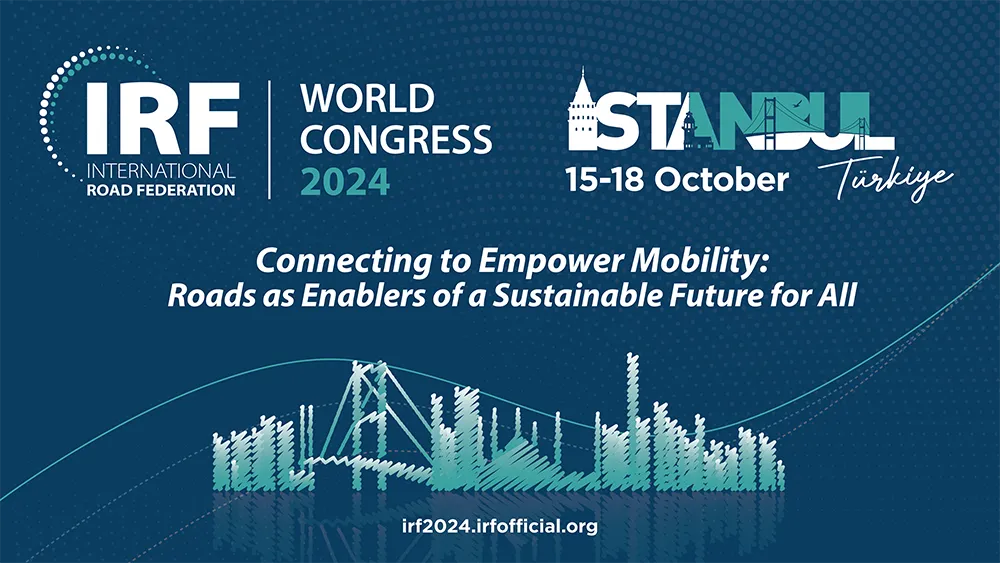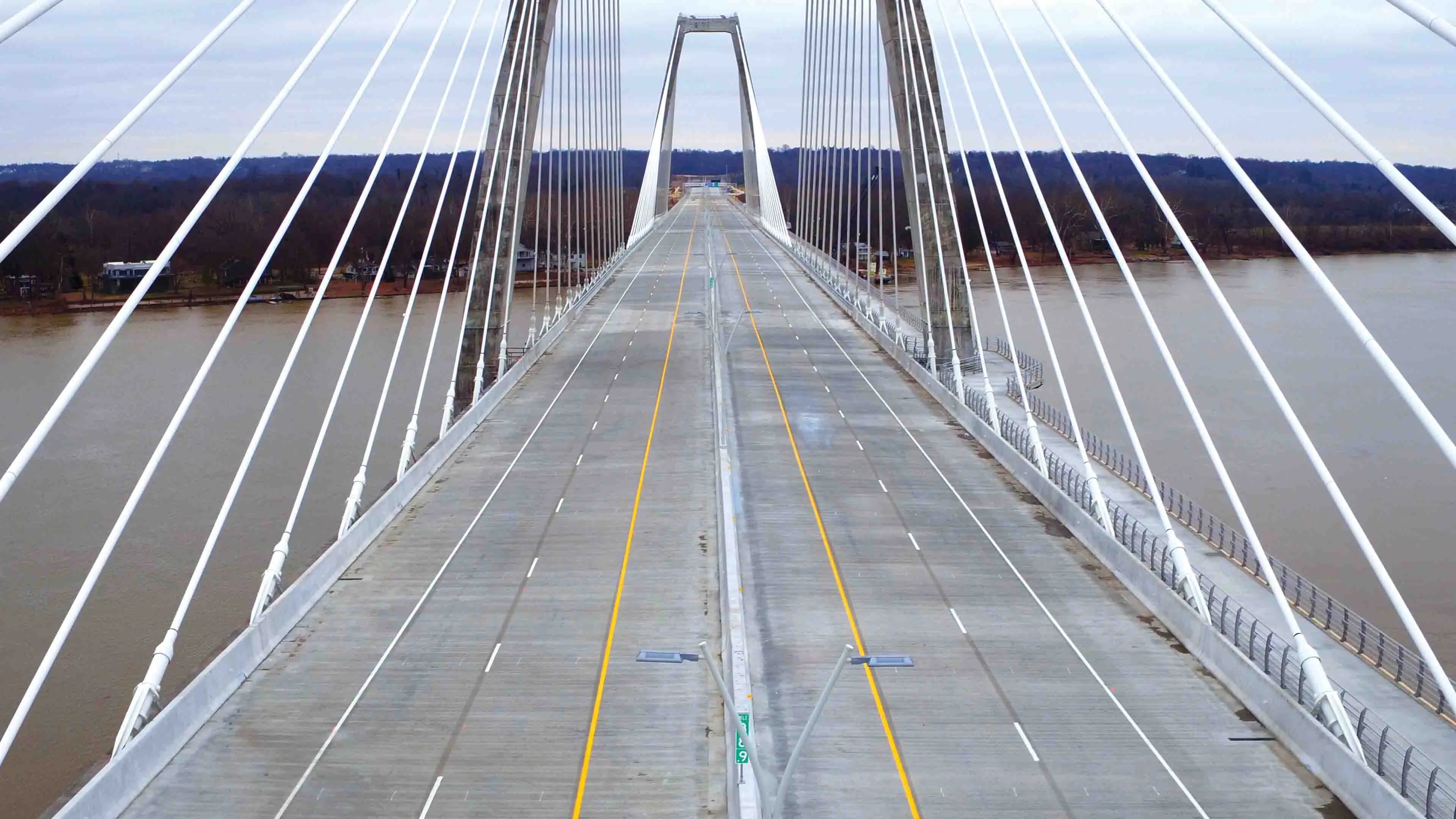The French Government has agreed a highway contract with consortium Atlandes for a section of the A63 autoroute in southwest France.
March 5, 2012
Read time: 2 mins
The French Government has agreed a highway contract with consortium Atlandes for a section of the A63 autoroute in southwest France.
The 40 year concession is for the financing, design, development, widening, maintenance and operation of a section of Highway A63 between the towns of Salles and Saint-Geours-de-Maremne in southwest France. Atlandes' financing, worth around €1.1 billion, includes €200 million in shareholders' equity and nearly €900 million in credit from a pool of 10 European banks. The amount also comprises an initial entrance fee of €400 million, which corresponds to the transfer of existing infrastructure.
3635 Atlandes, which comprises 184 Colas Sud-Ouest, 3629 Screg Sud-Ouest, 3630 Spie batignolles, NGE, 2376 EGIS Projects, 3633 HSBC European Motorway Investments and 3634 DIF Infrastructure, will be in charge of project management. The €500 million development phase is for the upgrading of former National Route RN 10 to current environmental and highway standards and the widening of the 105km section to six lanes, to boost capacity and safety.
The work will be performed in a 41 month timeframe by a consortium including Colas Sud-Ouest and Screg Sud-Ouest, Valérian and NGE. Egis Exploitation Aquitaine, a subsidiary of Egis Road Operation, will maintain and operate the concession and will take on the Government employees who currently work on the section.
An open toll system will enable local traffic to use the highway section free of charge. Tolls for heavy vehicle traffic will be tailored based on emission levels to ensure that the most environmentally-friendly heavy goods vehicles pay less. Atlandes will be the first concession company ever in France to implement this type of modulating toll policy. Tolls will be charged, at reduced rates, as of October 2013, following the completion of the first phase of work. Full rates will be applied when the entire section is opened to traffic, due in July 2014. The preliminary studies carried out prior to the effective date of contract, such as for environmental protection, will make it possible to commence work as early in the third quarter of 2011.
The 40 year concession is for the financing, design, development, widening, maintenance and operation of a section of Highway A63 between the towns of Salles and Saint-Geours-de-Maremne in southwest France. Atlandes' financing, worth around €1.1 billion, includes €200 million in shareholders' equity and nearly €900 million in credit from a pool of 10 European banks. The amount also comprises an initial entrance fee of €400 million, which corresponds to the transfer of existing infrastructure.
The work will be performed in a 41 month timeframe by a consortium including Colas Sud-Ouest and Screg Sud-Ouest, Valérian and NGE. Egis Exploitation Aquitaine, a subsidiary of Egis Road Operation, will maintain and operate the concession and will take on the Government employees who currently work on the section.
An open toll system will enable local traffic to use the highway section free of charge. Tolls for heavy vehicle traffic will be tailored based on emission levels to ensure that the most environmentally-friendly heavy goods vehicles pay less. Atlandes will be the first concession company ever in France to implement this type of modulating toll policy. Tolls will be charged, at reduced rates, as of October 2013, following the completion of the first phase of work. Full rates will be applied when the entire section is opened to traffic, due in July 2014. The preliminary studies carried out prior to the effective date of contract, such as for environmental protection, will make it possible to commence work as early in the third quarter of 2011.








